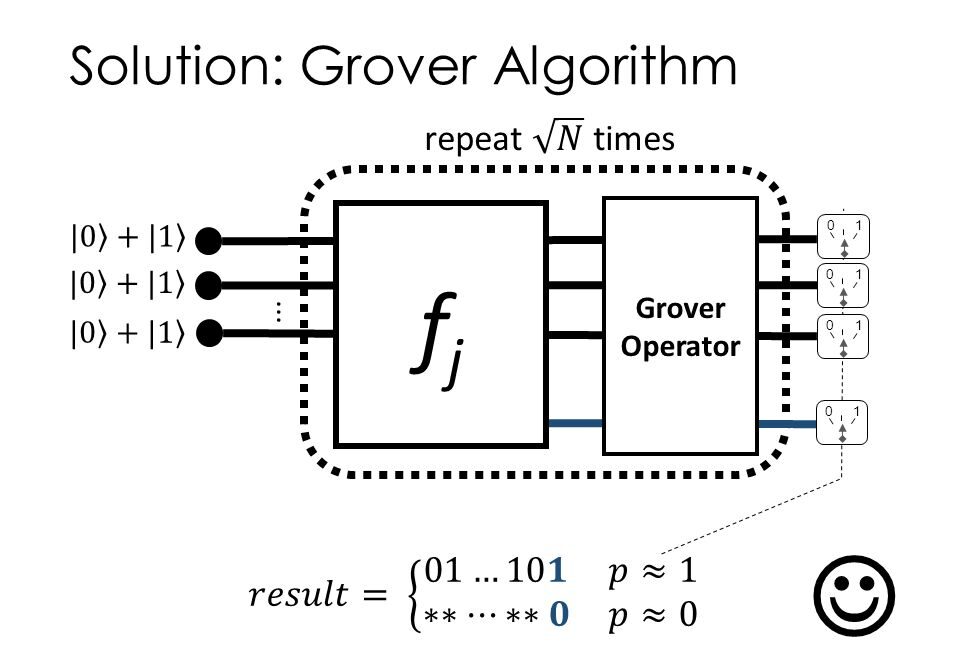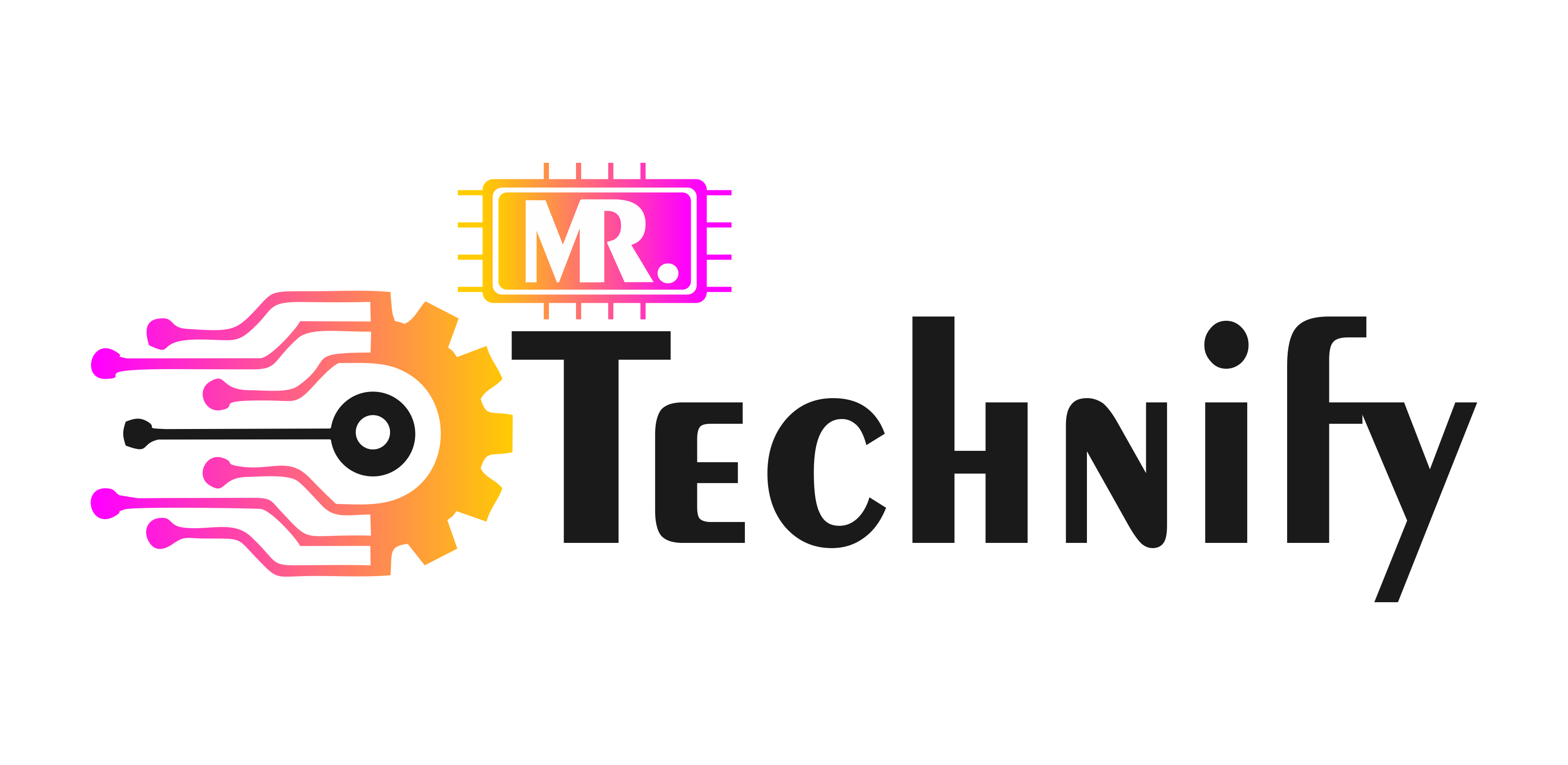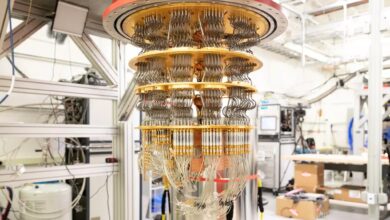Introduction to Quantum Algorithms
Have you ever wondered what might occur if computers could utilize the peculiar principles of quantum physics? Welcome to the intriguing world of Quantum Algorithms in QC!
What is Quantum Computing(QC)
Quantum computing computes using superposition and entanglement. It is comparable to performing a symphony on a piano simultaneously. Quantum computing uses qubits, which fundamentally differ from bits and have far more processing capacity.
-
Quantum Algorithms: The Nitty-Gritty
Quantum algorithms are the set of instructions for a quantum computer, analogous to how your laptop operates using algorithms devised for a classical computer. They provide instructions on how to manipulate qubits to solve complex computational problems.
Different Types of Quantum Algorithms in QC
-
Shor’s Algorithm
Imagine you could crack complex cryptographic codes in a fraction of today’s time. That’s the promise of Shor’s algorithm. It’s like a magic key that can unlock any digital door. It’s a Quantum algorithm created by Peter Shor for factorizing large numbers, a problem that classical computers struggle to solve efficiently.
-
Grover’s Algorithm
Grover’s algorithm is like the ultimate search engine but for databases. It’s designed to speed up searching for a specific item within an unsorted database, performing this task quadratically faster than any classical algorithm. It’s like finding a needle in a haystack effortlessly.
-
Quantum Fourier Transform
Quantum Fourier Transform (QFT) is another crucial quantum algorithm. Picture it as a super-charged version of the classical Fourier Transform operating in the quantum world. It’s the key player in several other Quantum Algorithms in QC, including Shor’s.
Applications of Quantum Algorithms
-
Cryptography
With the power of quantum algorithms like Shor’s, quantum computers can potentially break current encryption methods, ushering in a new era in cybersecurity.
-
Data Search
Grover’s algorithm is paving the way for ultra-fast searches in large databases, fundamentally changing fields like data science and analytics.
-
Machine Learning
Quantum Algorithms in QC could significantly boost machine learning models, enhancing prediction accuracy and reducing training times. It’s like giving your AI model a super boost!
Challenges and Opportunities in Quantum Algorithms in QC
-
Current Hurdles
Even though the prospects of quantum algorithms are awe-inspiring, there are still many hurdles. Quantum computers capable of running these algorithms aren’t yet commonplace and require extreme conditions.
-
Future Potentials
Despite these challenges, the potential of quantum algorithms is vast. The future might see quantum computers performing tasks in seconds that would take classical computers millennia to complete. Isn’t that something?
Conclusion
The world of Quantum Algorithms in QC is like a wild, untamed ocean full of mysteries and opportunities. It offers a brave new world of computational power that we are only beginning to explore.
FAQs for Quantum Algorithms in QC
What are the applications of quantum algorithms?
They have applications in disciplines such as cryptography, data search, and machine learning.
What are the challenges in implementing quantum algorithms?
Current challenges include the need for extremely controlled environments and the lack of widespread, powerful quantum computers.



